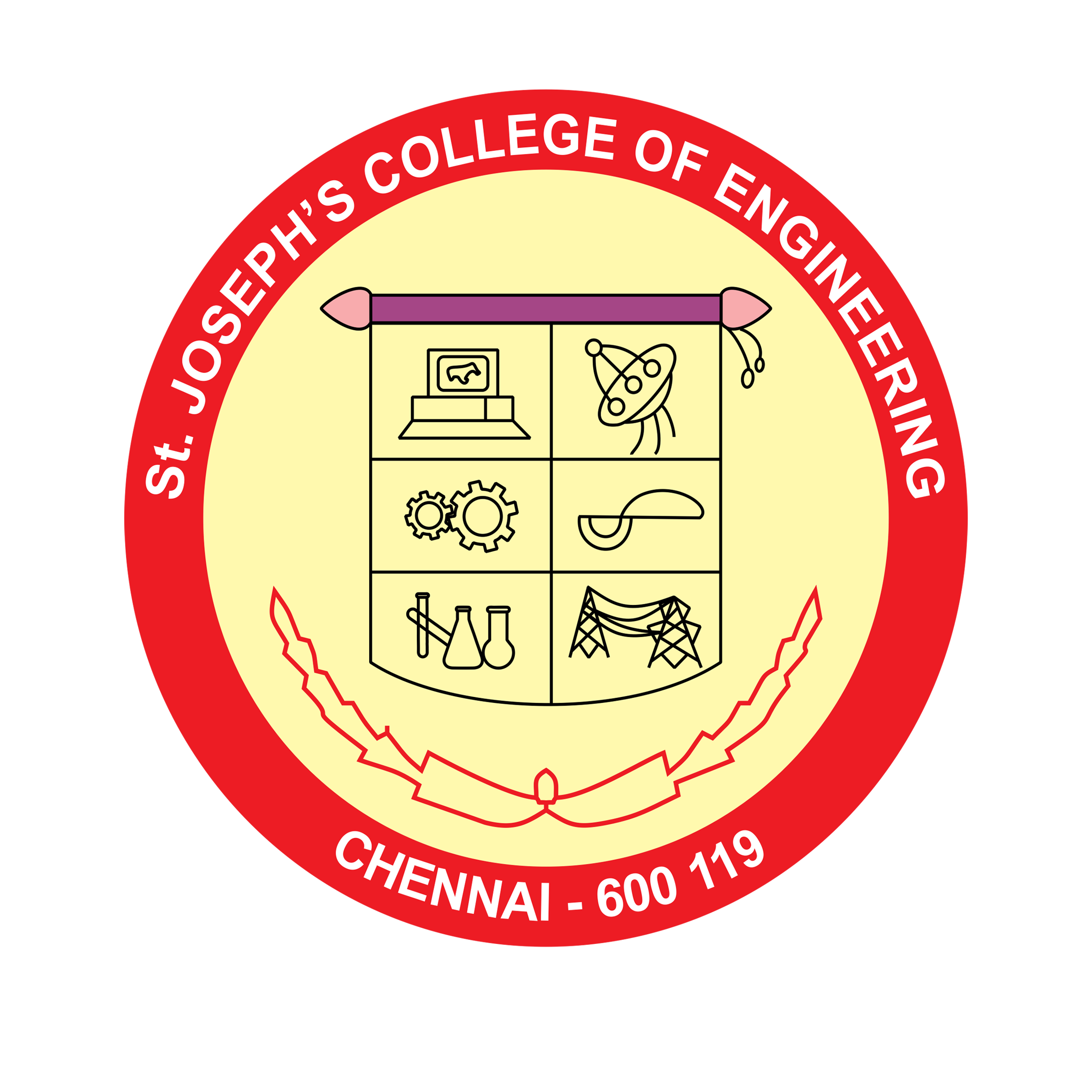Faculty

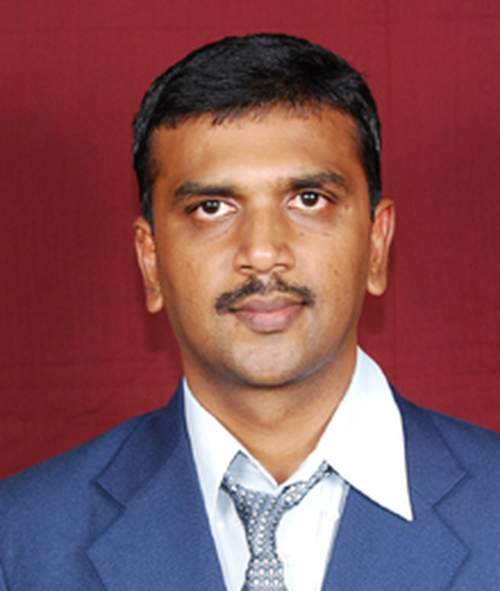
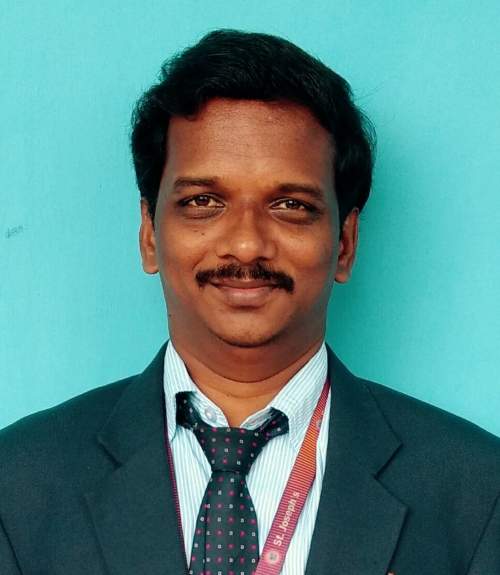
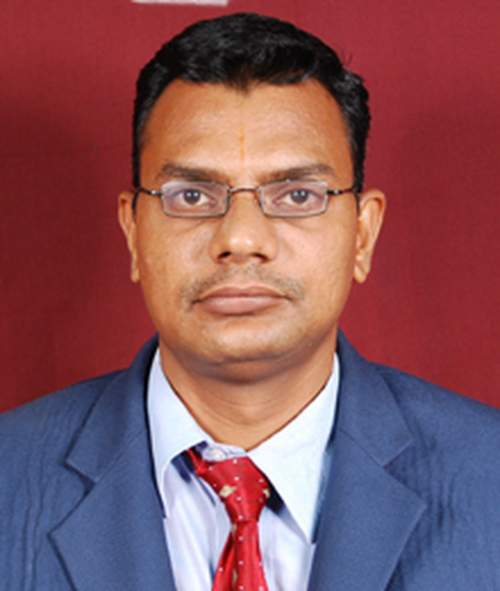
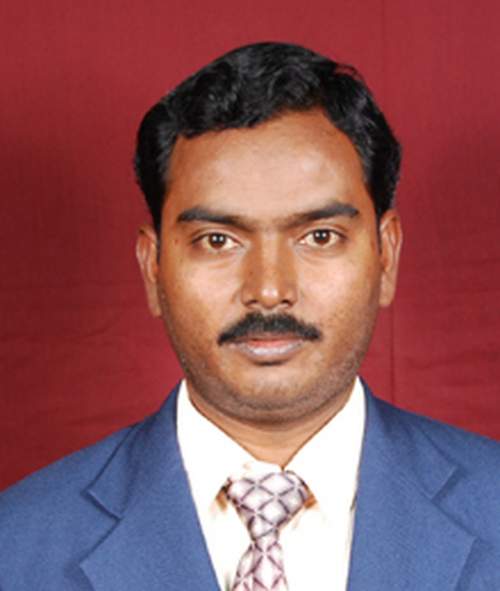
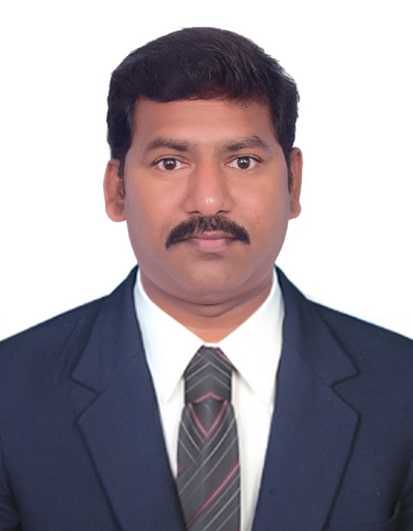
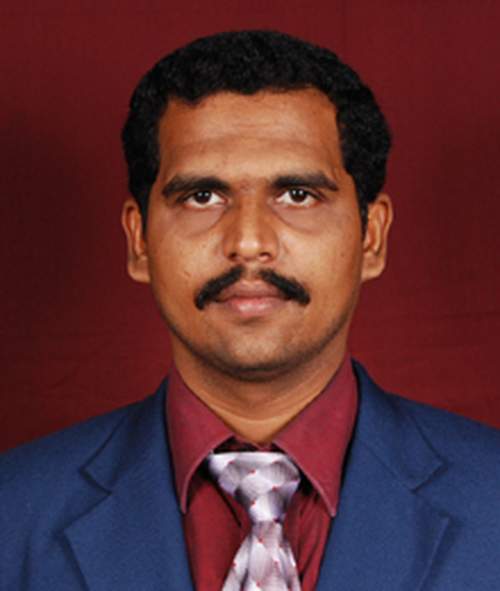
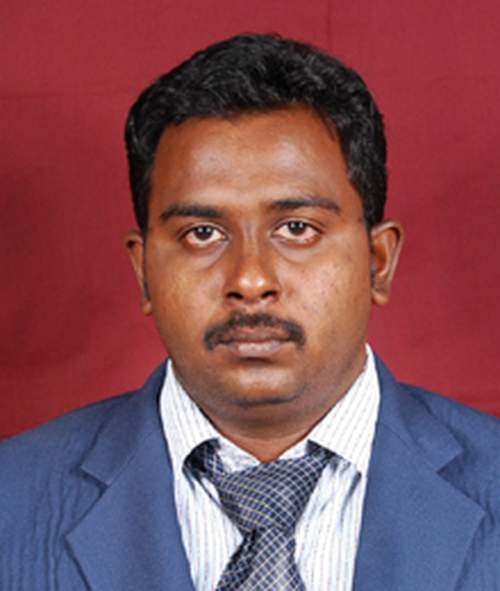
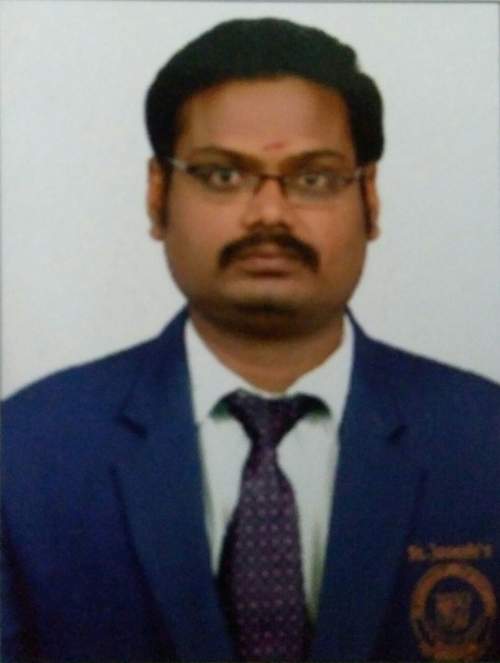

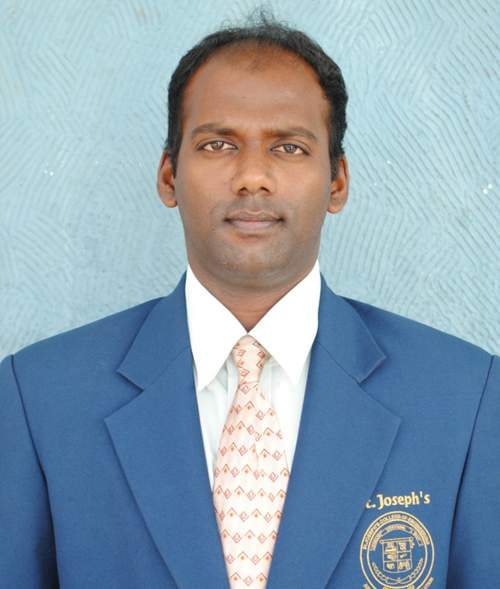
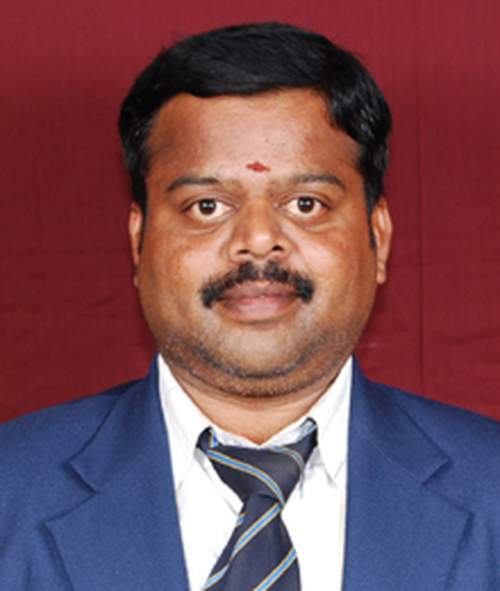

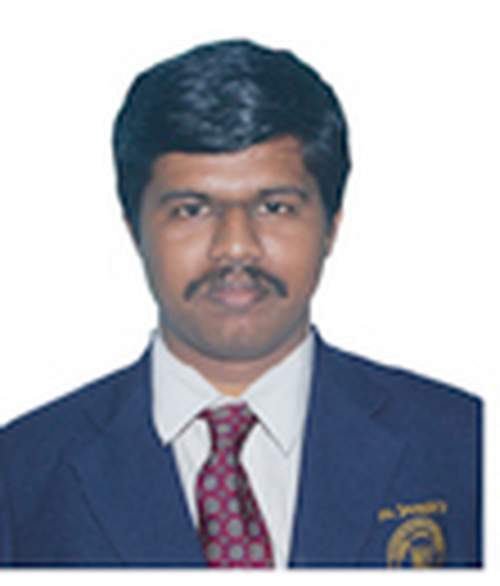
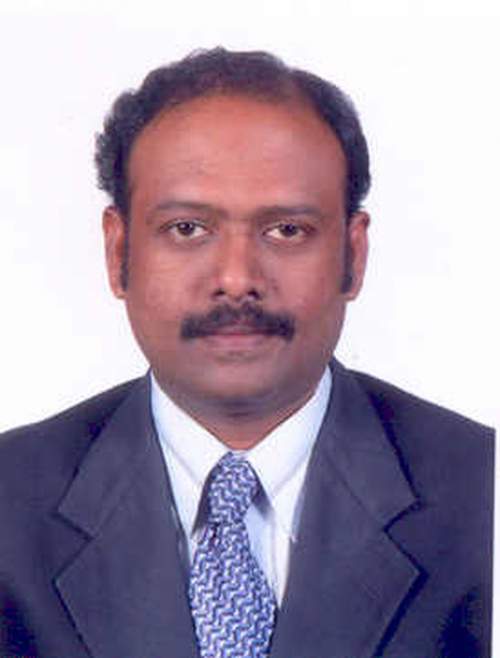
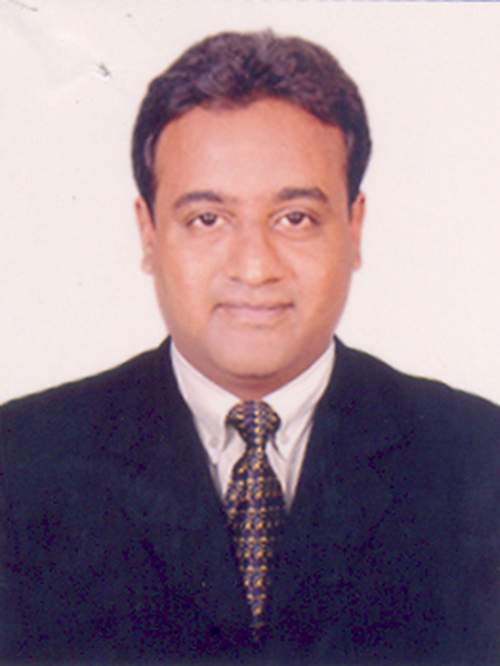
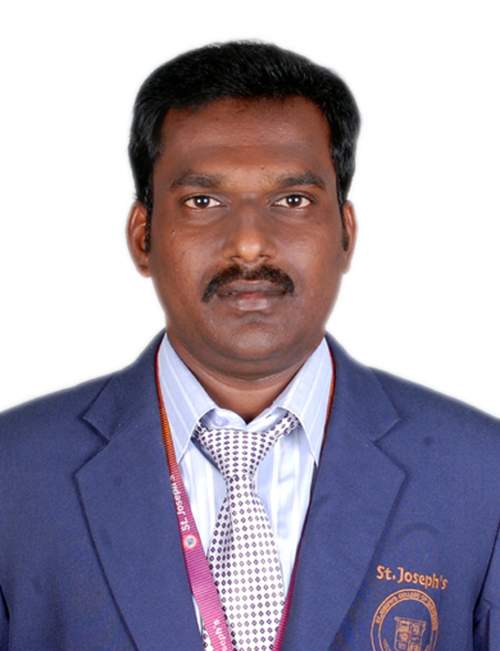
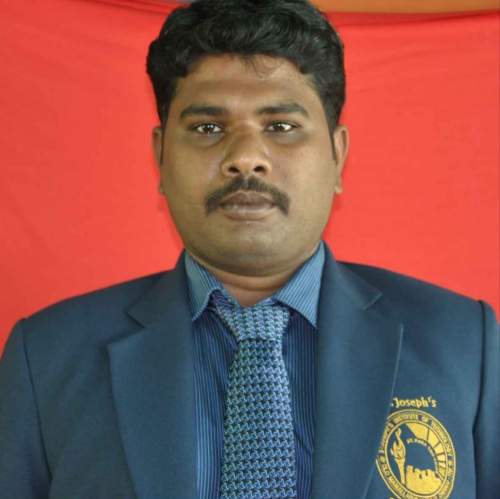
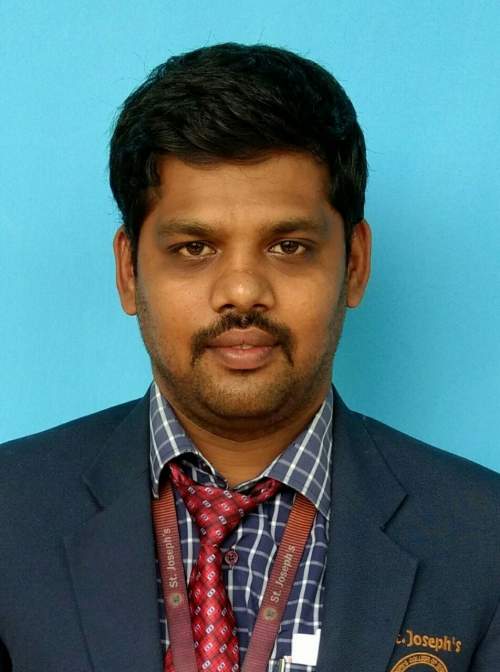
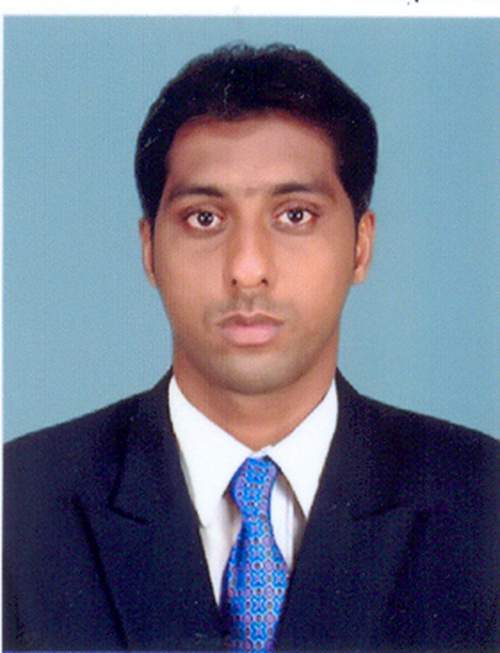
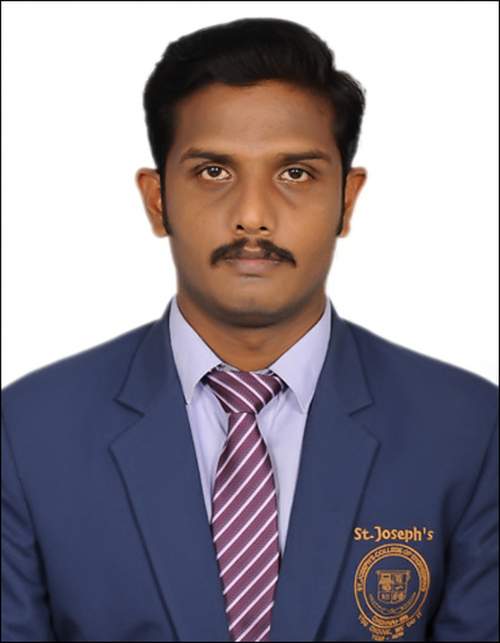
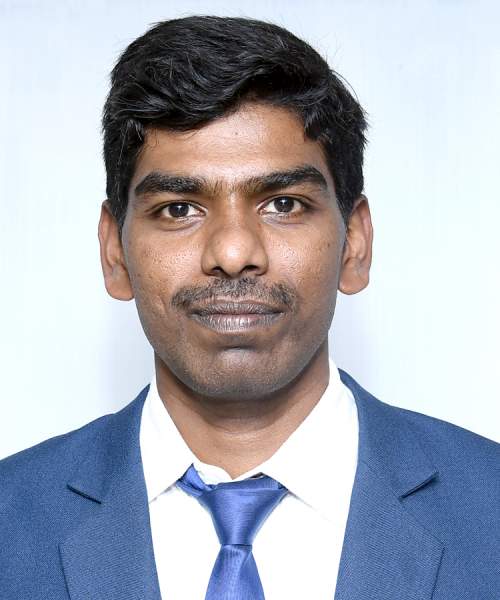
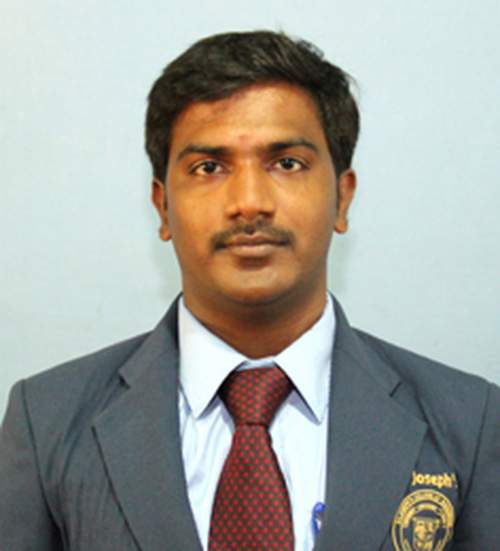
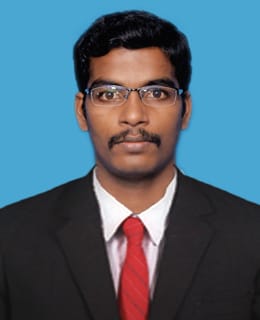
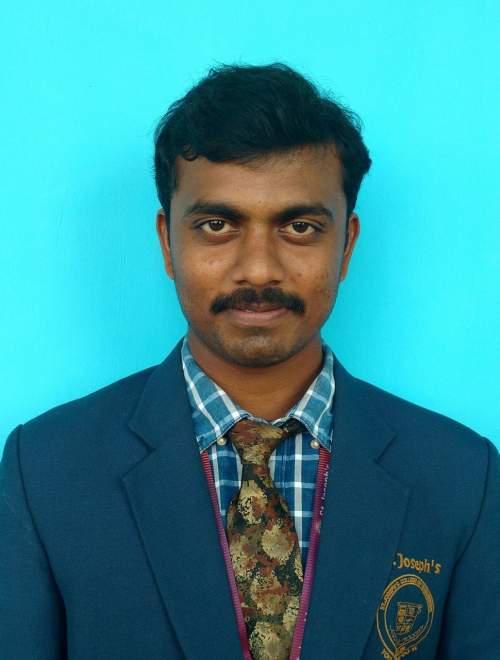


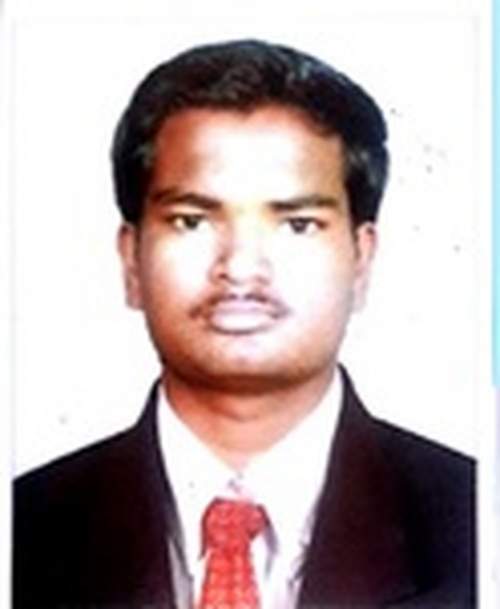
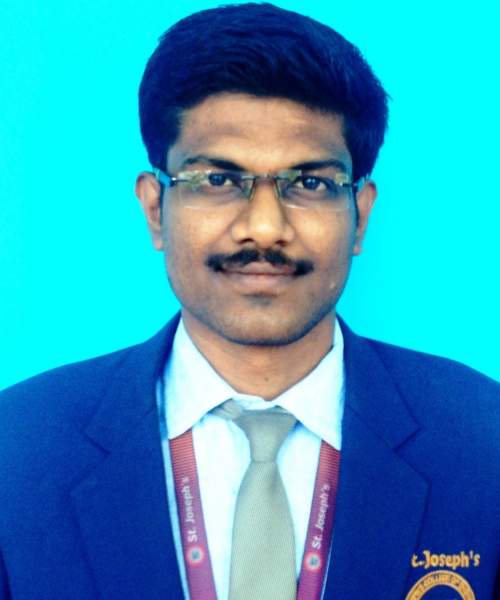
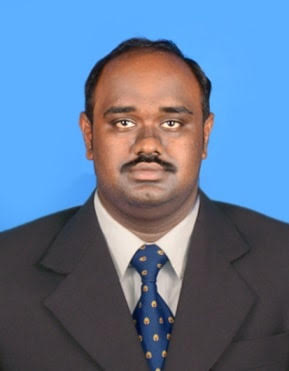
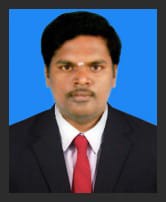
Home
-
There are 31 well qualified and dedicated faculties with 13 of them holding Doctoral degree from various reputed Universities adds highlight to our department. Our faculty members besides teaching are involved in many activities like continuing education, technical consultancy, research & development, coordinating professional bodies such as ISHRAE, BAJA SAEINDIA, Institution of Engineers etc..,
Vision
To become a Centre of Excellence in Mechanical Engineering, Producing Competent Engineers, who are Innovative, Entrepreneurial and Skilled to meet the global challenges.
Mission
- Excellence: To offer state-of-art education in Mechanical Engineering, by providing opportunity to students to enhance their knowledge base and develop core specific skills.
- Research: Build a research capability that is recognized nationally and internationally as a leading source of technological innovation and explore core research.
- Professional Integrity: To create opportunities and train students to build leadership qualities blended with entrepreneurial mindset and lead an ethical and environmentally responsible career.
Program Educational Objectives (PEO)
-
PEO1: Profession: Practice mechanical engineering in a broad range of industries both core and allied engineering fields such as material science, automotive and aerospace.
-
PEO2: Continuing Education: Pursue advanced education, research and development, and other creative and innovative efforts in science, engineering, and technology, as well as other professional careers.
-
PEO3: Technophile: Conduct in a responsible, professional, and ethical manner and attain professional maturity with deep understanding of the impact of the technological solutions in a societal and global context and a need for sustainable development.
-
PEO4: Service: Participate as leaders in their fields of expertise and in activities that support service and economic development nationally and throughout the world.
Students Corner
Industrial Visit
An Industrial visit gives the student knowledge and exposure needed to grasp certain engineering techniques and terminologies for easier understanding. An in-plant training increases a student's. opportunity of get a job after graduation. An in-plant training adds more experience to the portfolio of the student
Industrial Visit Details (Academic Year - 2023 - 2024)
Industrial Visit Details (Academic Year - 2022 - 2023)
Industrial Visit Details (Academic Year - 2021 - 2022)
National Level Symposium
Guest Lecture
Guest Lecture Details (Academic Year - 2024 - 2025)
Guest Lecture Details (Academic Year - 2023 - 2024)
Professional Chapters
Institution of Engineers
-
IEI Event Report Feb 2025 Click Here
-
IEI Event Report Jan 2025 Click Here
-
IEI Event Report Dec 2024 Click Here
Indian Institute of Welding
Ishrae
SAE BAJA
Student Achievements
Sports
Higher Studies
Academics
Syllabus
Newsletter
Placements
-
Placement 2024-2025 Click Here
-
Placement 2023-2024 Click Here
-
Placement 2022-2023 Click Here
-
Placement 2021-2022 Click Here
-
Placement 2020-2021 Click Here
-
Placement 2019-2020 Click Here
Research
Staff Patents
Staff Publications
Students Publications
Funded Projects
Supervisor Details
Video
Teaching and Learning Process
CO-PO
-
PO1: Engineering knowledge: Apply the knowledge of mathematics, science, engineering fundamentals, and an engineering specialization to the solution of complex engineering problems.
-
PO2: Problem analysis: Identify, formulate, review research literature, and analyze complex engineering problems reaching substantiated conclusions using first principles of mathematics, natural sciences, and engineering sciences.
-
PO3: Design/development of solutions: Design solutions for complex engineering problems and design system components or processes that meet the specified needs with appropriate consideration for the public health and safety, and the cultural, societal, and environmental considerations.
-
PO4: Conduct investigations of complex problems: Use research-based knowledge and research methods, including design of experiments, analysis and interpretation of data, and synthesis of the information to provide valid conclusions.
-
PO5: Modern tool usage: Create, select, and apply appropriate techniques, resources, and modern engineering and IT tools including prediction and modeling of complex engineering activities with an understanding of the limitations.
-
PO6: The engineer and society: Apply reasoning informed by the contextual knowledge to assess societal, health, safety, legal and cultural issues and the consequent responsibilities relevant to the professional engineering practice.
-
PO7: Environment and Sustainability: Understand the impact of the professional engineering solutions to societal and environmental contexts, and demonstrate the knowledge of, and need for sustainable development.
-
PO8: Ethics: Apply ethical principles and commit to professional ethics and responsibilities and norms of the engineering practice.
-
PO9: Individual and team work: Function effectively as an individual, and as a member or leader in diverse teams, and in multidisciplinary settings.
-
PO10: Communication: Communicate effectively on complex engineering activities with the engineering community and with society at large, such as, being able to comprehend and write effective reports and design documentation, make effective presentations, and give and receive clear instructions.
-
PO11: Project management and finance: Demonstrate knowledge and understanding of the engineering and management principles and apply these to one�s own work, as a member and leader in a team, to manage projects and in multidisciplinary environments.
-
PO12: Lifelong learning: Recognize the need for, and have the preparation and ability to engage in independent and lifelong learning in the broadest context of technological change.
PSO
-
PSO 1: The students graduating in Mechanical Engineering will have profound foundation in mathematical, scientific and engineering domains necessary to achieve professional and productive excellence in technical and non-technical problem solving and analyzing engineering problems.
-
PSO 2: The students graduating in Mechanical Engineering will have the ability to synthesize the engineering data and apply scientific principles for applications involving mechanical engineering using high end CAD/CAM/CAE computational packages such as CATIA, ANSYS, and MATLAB.
-
PSO 3: The students graduating in Mechanical Engineering will have the ability to pursue advanced careers and discharge his/her duties entrusted with high degree of commitment to address professional and ethical responsibilities, including a respect for diversity and provide cost effective engineering solutions.
Feedback
Laboratory
-
Strength of Materials Laboratory Click Here
-
Metrology and Measurements Laboratory Click Here
-
CAD & CAM Laboratory Click Here
-
Dynamics of Machinery Laboratory Click Here
-
Fluid Mechanics Laboratory Click Here
-
Mechatronics Lab Click Here
-
Thermal Engineering Laboratory Click Here
-
Workshop Laboratory Click Here
